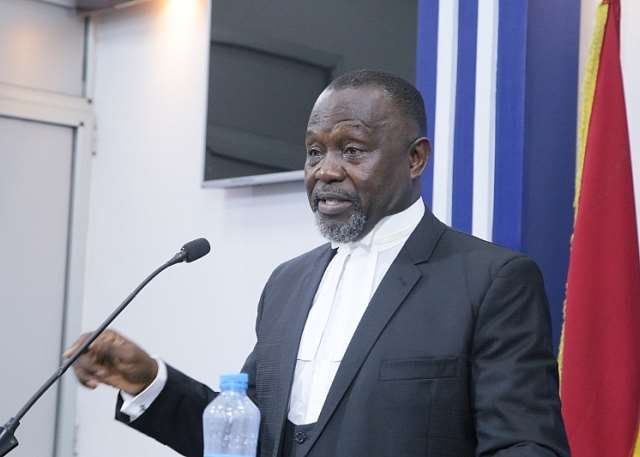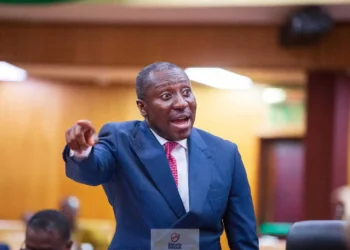Attorney General and Minister for Justice, Dr. Dominic Akuritinga Ayine, has announced a series of sweeping legal reforms to strengthen Ghana’s fight against illegal mining (galamsey), signaling what could become one of the most decisive shifts in the country’s minerals regime.
Speaking at President John Dramani Mahama’s meeting with civil society organizations on the government’s anti-galamsey strategy, Dr. Ayine stressed that the reforms are designed to eliminate legal loopholes that have allowed destructive mining practices to persist.
According to him, the review of Ghana’s Minerals and Mining Act is at the heart of the government’s plan to change the narrative about illegal mining, popularly known as galamsey.
He explained that the current law gives authorities broad powers to grant mining licenses and leases across the entire territory of the Republic, a framework that dangerously extends to forests, territorial waters, and even Ghana’s exclusive economic zone.
“The current state of the law is such that licenses and leases can be granted over the whole territory of the Republic of Ghana: that includes forests, the territorial waters, and the exclusive economic zone.”
Attorney General and Minister for Justice, Dr. Dominic Akuritinga Ayine
To address this, the Attorney General announced that the revised law will explicitly prohibit mining in forest reserves. This measure, he argued, is crucial to preserving Ghana’s fragile ecological balance, which has been undermined by years of deforestation, river pollution, and land degradation linked to unregulated mining.
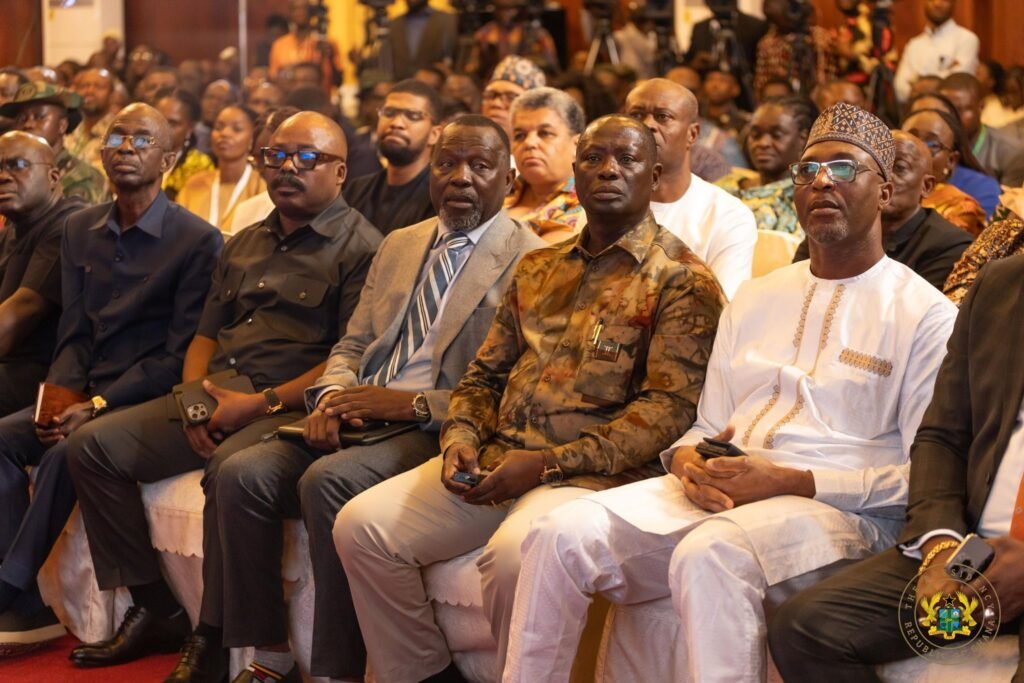
“In respect of mining in forest reserves, we will put a provision in the statute, in the bill, when enacted, that will prohibit mining in forest reserves completely,” he declared. Dr. Ayine explained that all forest reserves in Ghana will be identified and listed in a schedule attached to the new law. By doing so, the legislation will categorically state that no license or lease can be granted for mining activities within these reserves.
He emphasized that such an approach would also make any attempt to reverse the restriction more politically challenging, since Parliament would need to formally amend the law before any change could take effect.
“That means that at any point in time that the position has to change, they have to go back to Parliament and then review the law, which makes it politically more difficult”.
Attorney General and Minister for Justice, Dr. Dominic Akuritinga Ayine
LI 2462 Repeal
Beyond reforms to the principal legislation, the Attorney General also announced that his office has prepared a new legislative instrument, LI-2505, which will be laid before Parliament when it resumes on October 14, 2025.
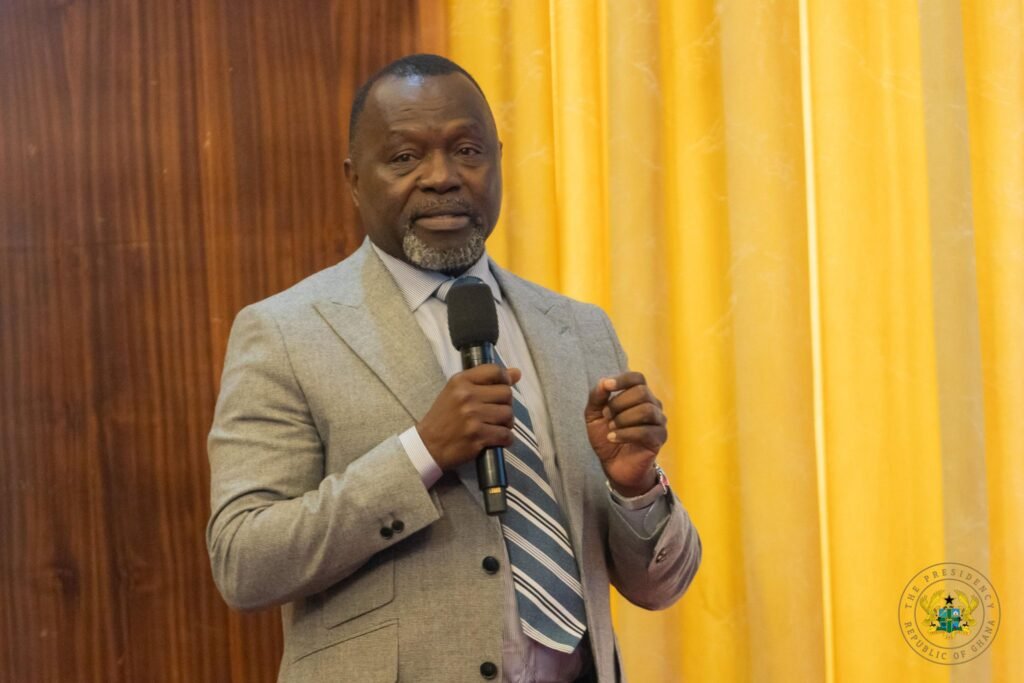
The instrument, he revealed, is intended to revoke the controversial LI-2462, a regulation that has drawn criticism for enabling practices that complicated the fight against illegal mining.
“We have prepared an instrument, that is LI-2505, in my office, and that will be laid in Parliament on the 14th of October, 2025. The Lands Minister and I have agreed that on the 14th of October, when Parliament resumes, we will lay that instrument to revoke the famous LI-2462. On the day it matures, and from that time onwards, we will not have LI-2462”.
Attorney General and Minister for Justice, Dr. Dominic Akuritinga Ayine
His remarks came against the backdrop of growing national concern about the social, economic, and environmental costs of galamsey. For years, illegal mining has scarred vast stretches of arable land, contaminated rivers with mercury and other toxic chemicals, and threatened the sustainability of livelihoods across many communities.
Civil society groups, traditional leaders, and international partners have all called for stronger laws to back enforcement efforts, insisting that without robust legislation, the fight against galamsey will remain incomplete.
By linking the reforms to both enforcement and public accountability, Dr. Ayine signaled the government’s commitment to a comprehensive response. He noted that while law enforcement actions such as arrests, equipment seizures, and excavator monitoring are important, they are not sufficient unless underpinned by a clear, watertight legal framework.
The announcement of LI-2505 and the planned amendments to the Minerals and Mining Act mark a turning point in Ghana’s anti-galamsey campaign. For many observers, the government’s willingness to prohibit mining in forest reserves and revoke LI-2462 sends a strong signal that it is prepared to tackle entrenched interests and protect the country’s natural heritage.
As Parliament prepares to resume its sitting on October 14, attention will be firmly focused on the laying of LI-2505. The move is expected to generate debate both within and outside the legislature, as stakeholders weigh in on the future of mining regulation in Ghana.
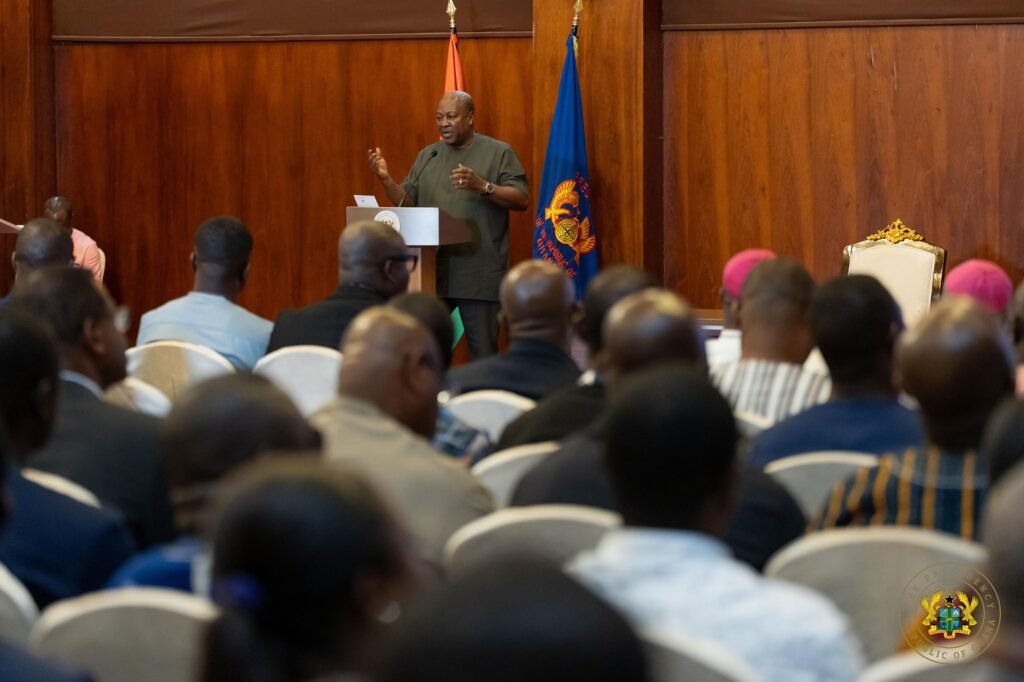
For environmentalists and civil society organizations, however, the Attorney General’s announcement represents a welcome step towards strengthening the legal foundations of the anti-galamsey fight.
Dr. Ayine concluded by underscoring the urgency of acting now to prevent further ecological damage and protect future generations. “We must ensure that our laws are unambiguous, that they reflect the values of sustainability, and that they protect the inheritance of future generations,” he emphasized.
If successful, the repeal of LI-2462 and the passage of amendments to the Minerals and Mining Act could reshape the legal landscape of the mining sector, tightening control over concessions, strengthening environmental protections, and restoring public confidence in the state’s capacity to defend its natural resources.
READ ALSO: Banks Rake in GH¢7.2bn Profit — 32% Surge Shocks Industry in June 2025

